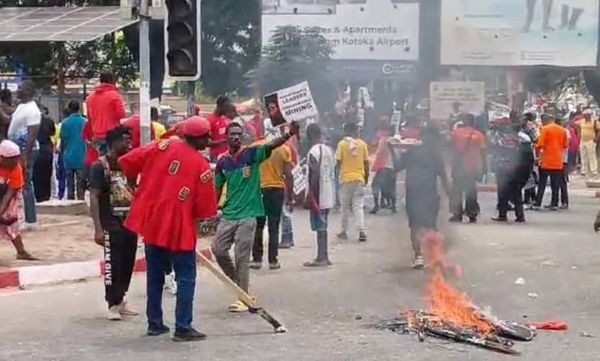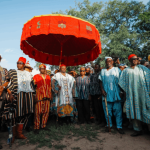A new development in the anti-galamsey movement is the growing involvement of Ghanaian student groups. The Katanga Hall from the Kwame Nkrumah University of Science and Technology (KNUST) has recently announced plans to join forces with sister halls from the University of Cape Coast (Casford Hall) and the University of Ghana, Legon (Unity Hall), in a series of demonstrations aimed at raising awareness and pushing for government action.
These student-led protests signal a new phase in the fight against “galamsey”. The youth are no longer content to wait for political leaders to act. Instead, they are mobilising themselves, organising demonstrations that could potentially draw thousands into the streets of Accra and other major cities.
If this collaboration materialises, it could mark a significant turning point in the anti-galamsey movement, further intensifying pressure on the government to act.
What Does This Mean for the 2024 Elections?
With elections fast approaching, the “galamsey” crisis is likely to be a major issue on the campaign trail. The government will have to defend its record on illegal mining and present a credible plan to address the problem if it hopes to win over an increasingly disillusioned electorate.
The opposition, meanwhile, will likely use the issue to criticise the government’s handling of environmental policies, positioning themselves as champions of the people’s interests.
However, the larger question is whether these protests and demonstrations will continue after the election. Will the new administration regardless of which party wins take meaningful steps to tackle the “galamsey” problem, or will it continue to be a political football, tossed back and forth without real progress?
The Way Forward
As Ghana prepares for its elections in December 2024, the nation finds itself at a crossroads. The fight against “galamsey” is not just a political issue; it is a national crisis with far-reaching implications for the environment, public health, and the economy. The youth-led protests, student movements, and calls for celebrity involvement highlight the deep frustration many Ghanaians feel toward their leaders’ handling of this issue.
The outcome of these protests and the upcoming election will determine the future of Ghana’s natural resources and, in many ways, the future of its youth. Whether driven by political interests or a genuine concern for the environment, the fight against “galamsey” is one that cannot be ignored any longer.
The time for action is now, and the decisions made in the coming months will shape the country for years to come.
















